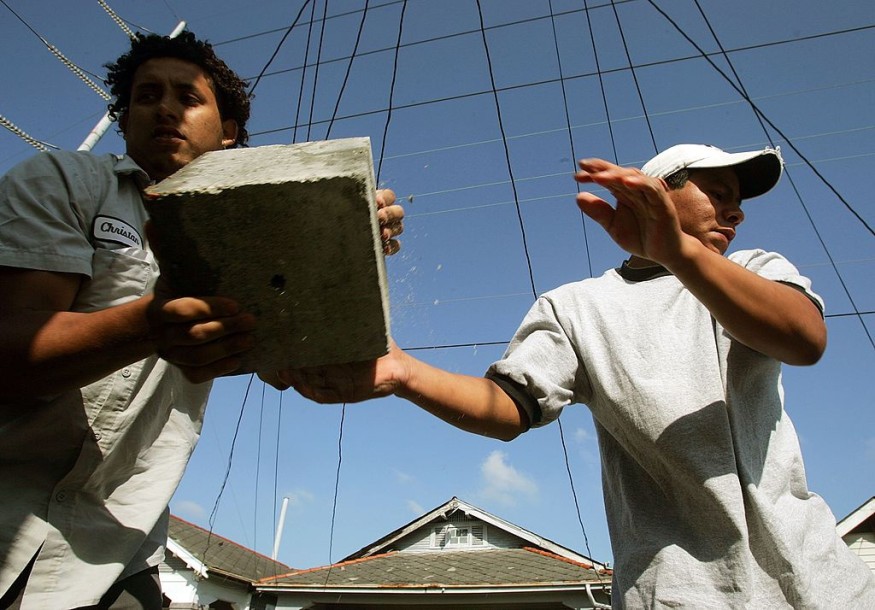Latino Immigrant Workers Continue to Die on the Job, Study Says

Latino employees - mostly immigrants - continue to be at an elevated risk of dying on the job, a new study found.
According to AFL-CIO's report, the Latino staff's workplace fatality rate appears to be higher than the national rate based on the latest statistics.
Rebecca Reindel, director of occupational safety and health at AFL-CIO, said during a virtual press conference that the rate at 3.7 per 100,000 employees. That's equivalent to 3.5 for all employees.
Which industries are affected?
The bulk of Latino employees who died on the job worked in manufacturing, led by operators of motor cars, repair employees, and farmworkers. Deaths in 2018 hit 961 for all Latino employees, compared to 903 in 2017.
According to Reindel, the increase in Latino employees' deaths is motivated by the rise in casualties among Latino immigrant workers.
At least 641 Latino immigrant employees died at work in 2018. That is similar to 568 the year before. Majority of these craftsmen came from Mexico, El Salvador and Guatemala.
In Florida, approximately 76 percent of all Latino workplace casualties came from foreign jobs. Around 61 and 63 percent of which came from California and Texas, respectively.
Shall we blame COVID-19 for the deaths?
Latinos are becoming overwhelmingly contaminated and destroyed by the coronavirus in these three nations, all of them critical staff.
The pandemic still disproportionately affects workers who were already at greater risk of workplace injuries, deaths, and disease. These workers include Black and Latino workers in meatpacking plants, agriculture and other industries.
Latino staff at meat and poultry processing plants have been the hardest affected by the coronavirus, responsible for 56 percent of cases recorded in plants in 21 states, the Centers for Disease Control and Prevention reported in July.
Among others who have died of the coronavirus are foreign employees in California. One of which is an employee of Mission Foods Corp. in Commerce who tested positive for Covid-19. The said employee, who was born in El Salvador, died on July 20 due to the complications.
Did the employer take action?
The Los Angeles Public Health Department ordered the food manufacturer to shut down the following day. However, they failed to disclose that COVID-19 sickened at least 40 of the plant employees.
Authorities, however, approved to reopen the plant a day later. Public health officials also closed two other food processors.
Since April, the Unified Farm Workers, the largest farmworkers' group in the country, has urged their employers to take "proactive action and introduce best practices."
They also want the companies to extend some privileges and benefits such that employees can feel safe and confident in preventing the spread of the virus.
While more Latino employees continue to be disproportionately exposed to the risks of Covid-19 on the job, the AFL-CIO urges the Occupational Safety and Health Administration (OSHA) to" increase attention to the serious safety and health issues faced by Latino, immigrant, and aging employees." They also urged the authorities to enhance efforts to protect temporary and contract workers.
Check these out!
Jobless Claims Higher Than Previously Expected; Unemployment Sits at 7-Year Low
Latino Community in NC To Benefit From Executive Order Protecting Essential Workers
Latinos Comprise 59 Percent of Californians Ineligible for Unemployment Insurance
Subscribe to Latin Post!
Sign up for our free newsletter for the Latest coverage!

















